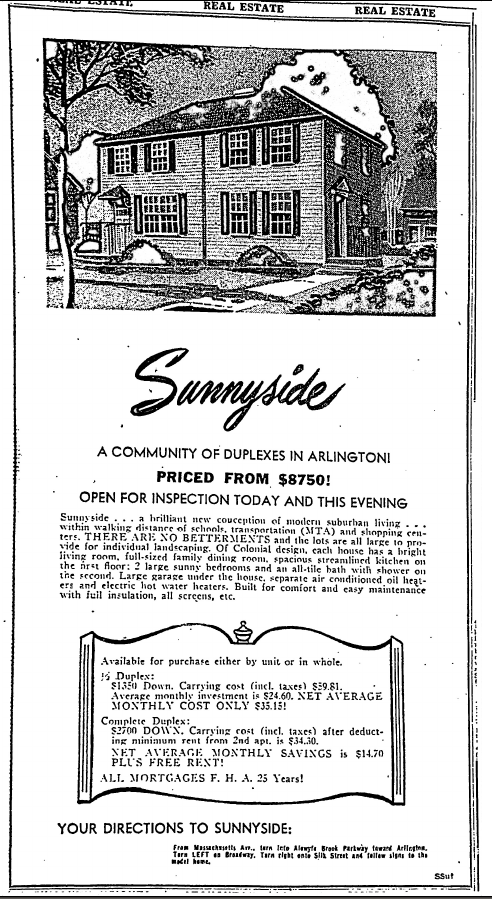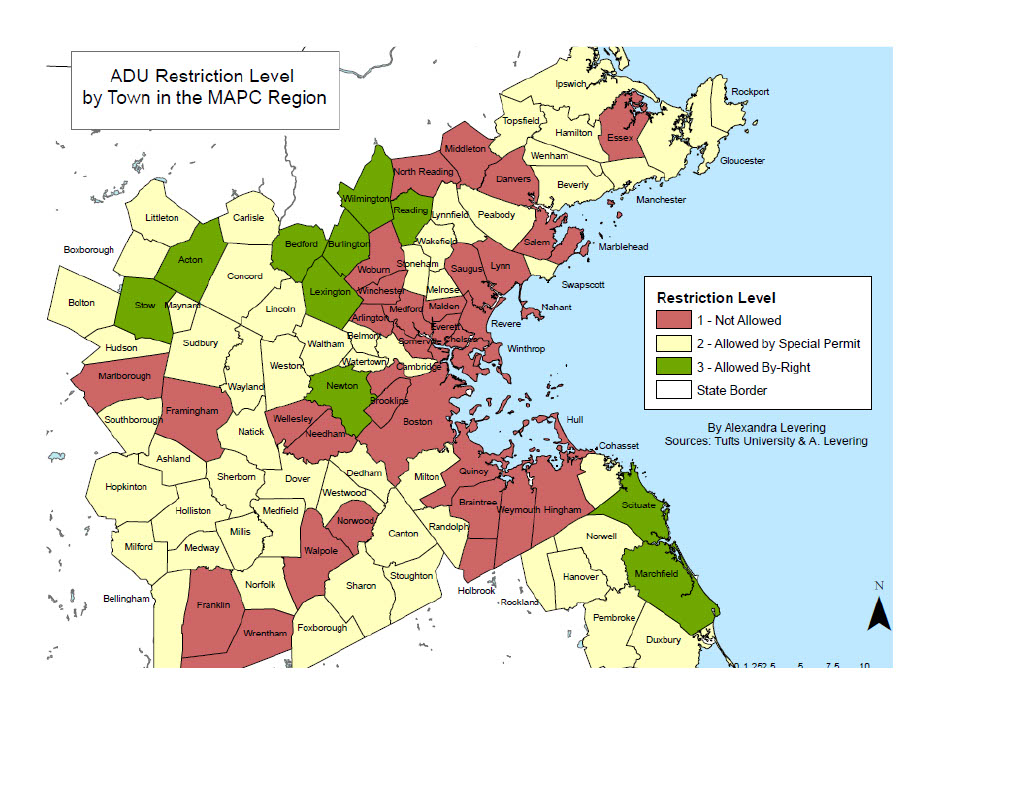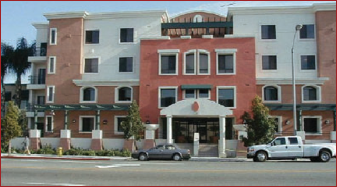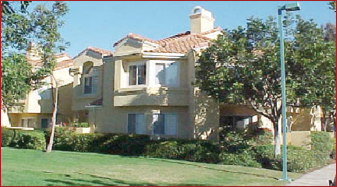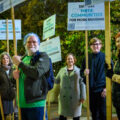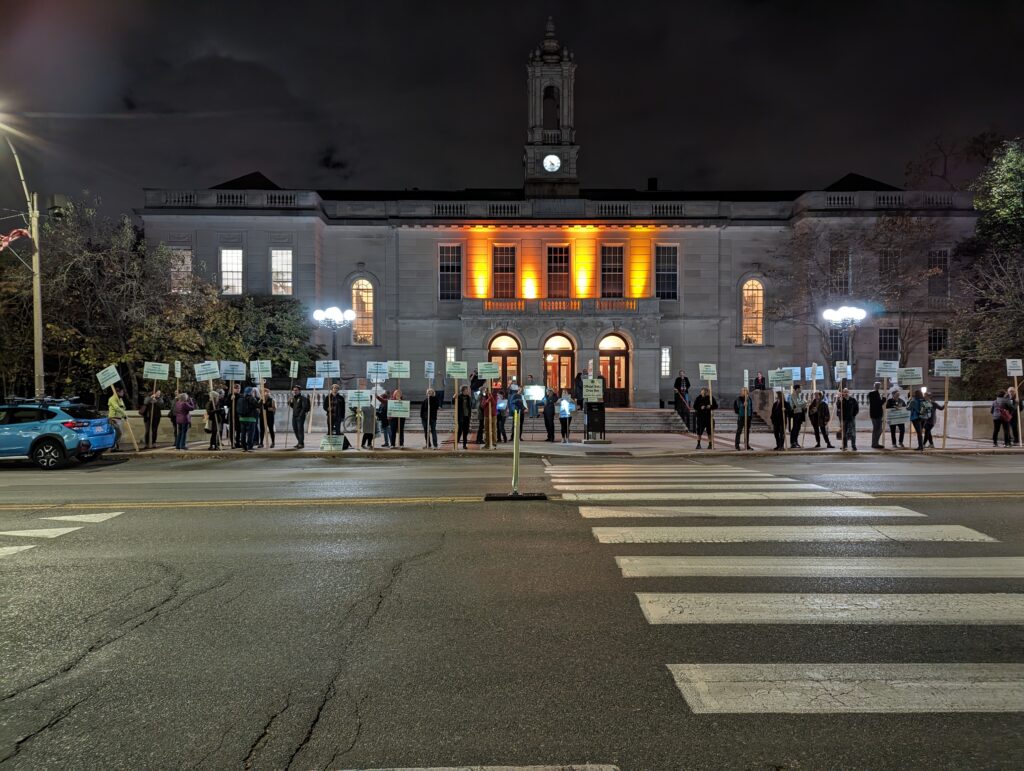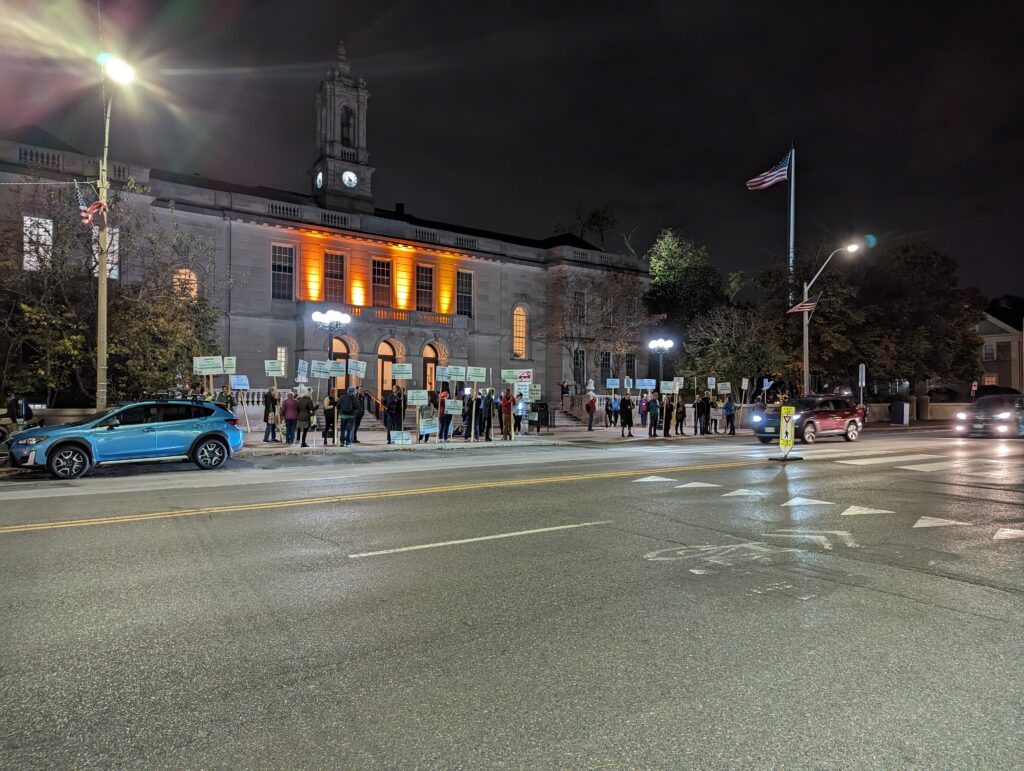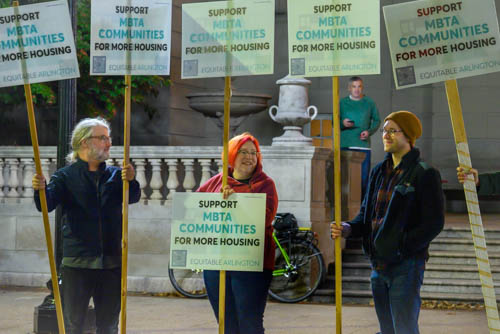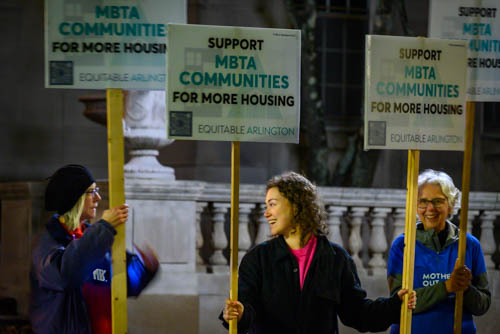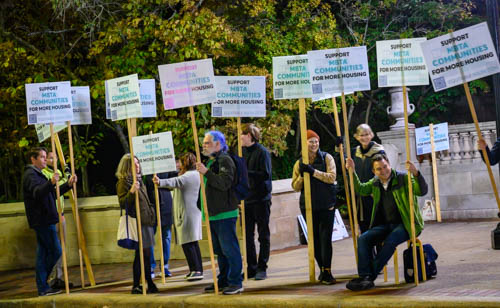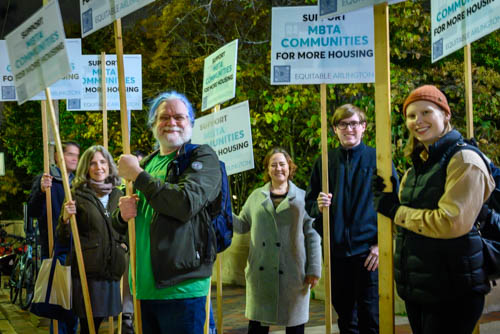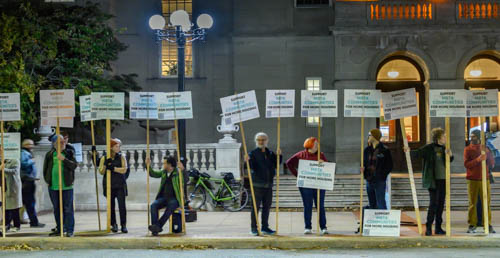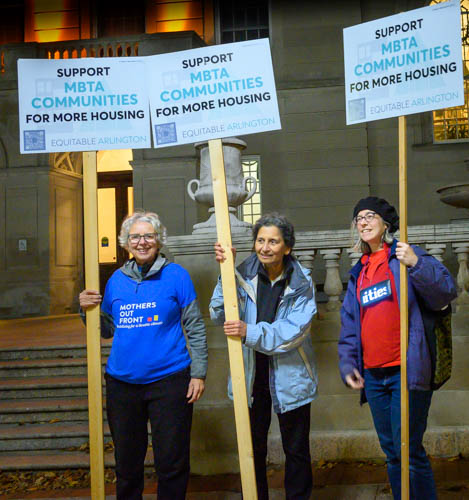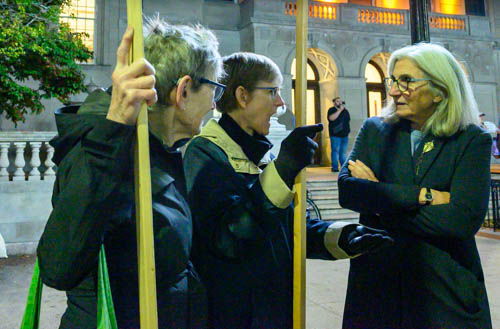Like numerous metro areas in the United States, Greater Boston has both a shortage of housing and high housing costs. According to a recent presentation by Town Manager Adam Chapdelaine, Boston and the immediate surrounding communities added new 148,000 jobs and 110,000 new residents in the period 2010–2017. But despite the increase in jobs and population, we’ve only permitted 32,500 new homes.
This shortage led the Metro Mayors Coalition — a group of 15 mayors and town managers in the Greater Boston area — to establish a housing task force. The task force set a goal of producing 185,000 new homes during the period 2015–2030. There’s a lot said about that number, and the commitments each community has been willing to make. 185,000 new homes is the big ask, but there’s more to the MMC’s efforts than a simple production goal.
The MMC established a set of ten guiding principles, which are as follows:
- Stakeholder and Municipal Engagement. We must engage in broad, inclusive outreach to municipal officials, residents, and other stakeholders within and beyond the MMC to understand and address regional housing concerns.
- Housing Production. We strive to increase the production of housing throughout Metro Boston so that we can provide homes for all types of households and income levels. This should include both rental and homeownership opportunities, consistent with regional need, and designed in ways that respect the neighborhoods in which they are located.
- Housing Preservation. We support the preservation of existing affordable housing choices. This includes protecting affordable apartments at risk of expiring subsidies or deed restrictions; preserving “naturally occurring” affordable housing; repairing older homes in need of maintenance and minimizing tear-downs; and preserving smaller homes.
- Housing Affordability. We welcome and will invest in the development of housing that is affordable to low-, moderate-, and middle-income households.
- Housing Stability. We will work to address extreme cost burdens, minimize the risk of displacement, reduce evictions, eliminate unfair rental practices, create permanent housing for homeless residents, and ensure safe and stable housing throughout Metro Boston.
- Fair Housing. We are committed to addressing discrimination against tenants and buyers, and advancing fair and equitable access to housing opportunity for everyone.
- Housing Diversity. We promote the development and preservation of diverse types of rental and homeownership housing at a range of scales and a unit mix inclusive of multiple bedrooms.
- Housing Design. We support universal design in housing to create accessible and barrier-free homes through the incorporation of features that are commonly available and easily usable by people of virtually all ages and abilities.
- Housing Location. We encourage residential and mixed-use development in transit-accessible and/or walkable areas where people can get around locally and make connections throughout the region without relying on private auto. We also support creation of more such neighborhoods through expansion of public transit and retrofits of select former industrial sites.
- Complete Neighborhoods. Our commitment to greater housing opportunity is part of a holistic approach to community building that includes a mix of land uses and access to open space. Our residents want to live in areas that offer a range of activity throughout the day and evening.
In addition to the guiding principals, the Task Force’s web site lists dozens of strategies for consideration. Some focus on the three cost drivers of housing production: land, labor, and materials. Others focus on more holistic aspects, like fairness and diversity. The overall list of strategies includes: tenant protections like rent control, requirements for just-cause evictions, and the right of first refusal; community benefit agreements, housing cooperatives, and community land trusts; transfer fees, linkage fees, vacancy taxes, and anti-speculation taxes; use of prefabricated homes and modular construction techniques; and a variety of approaches for community engagement and education.
In summary, the MMC has put a lot of thought into the process — far more than simply coming up with a number.
